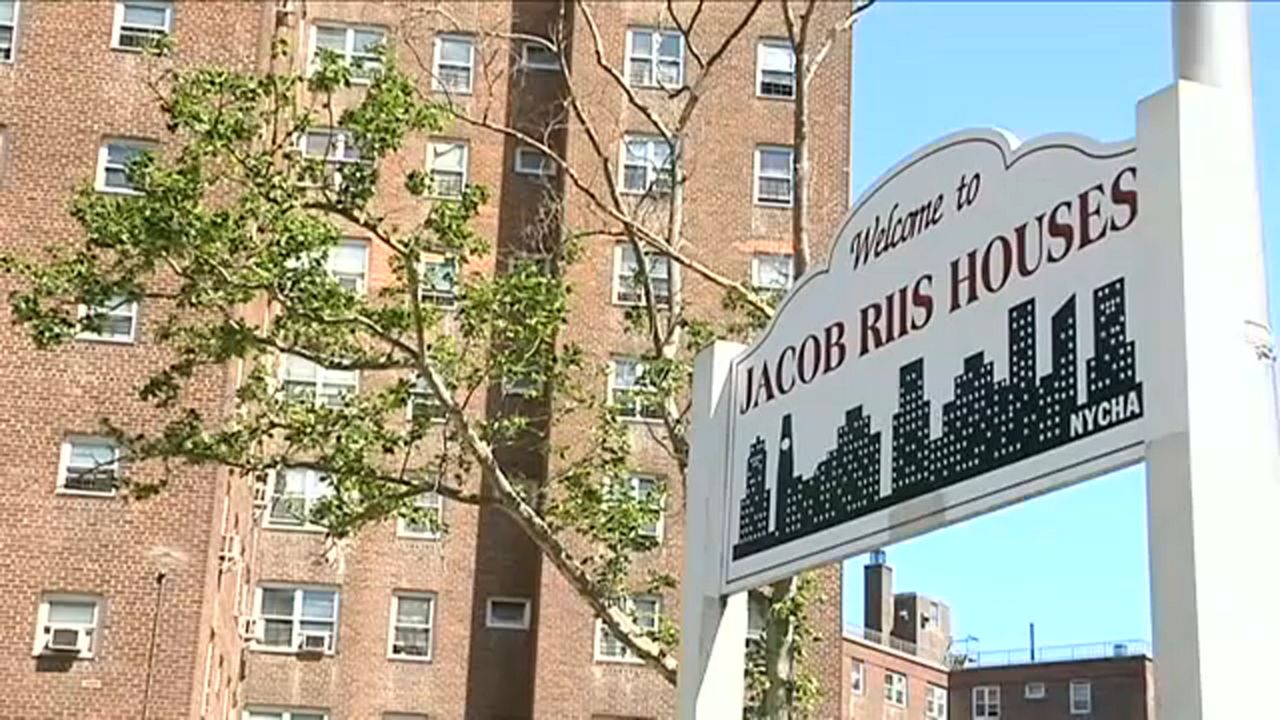Ads
“House prices are going up, that’s exactly what they’re doing,” a relative in their 60s said recently when we discussed the question on everyone’s mind right now: House prices, which have hit all-time highs, will plummet. ?
If the NHS is, as former Chancellor Nigel Lawson put it, “the closest thing to any religion that the British have,” then the housing market is our dogmatism.
After Thatcher’s push for “property democracy”, two misconceptions prevailed: first, house price inflation is inevitable and, second, that rising house prices equate to general prosperity. , which is why Prime Minister Liz Truss is said to be cutting the duty stamp “in pursuit of prosperity”.
With the cost of basic necessities higher than it has been since the Falklands War and the Bank of England raising interest rates to 2.25 per cent (the highest since 2008), the focus – of my own family and my government – it’s understandable on the housing market. Buying a home is the biggest expense most people will make, and the decrease in value (negative equity) can be devastating, as can the increase in monthly payments.
The British obsession with home price inflation – as the engine of personal wealth and wider economic growth – deliberately turns a blind eye to the fact that raising housing costs is as risky as it is shortsighted. It’s time to address the political narrative that rising house prices are somehow good for most people, or even for the country as a whole.
Property prices don’t always go up. It’s not “just what they do” and my relative, who has experienced previous recessions, knows it.
It would not be an exaggeration to describe the UK housing market as volatile. In 2008, house prices fell 16% when the 2000-2007 bubble burst. Between 1989 and 1993, they fell by an average of 20% (32% in London) after the government withdrew the MIRAS, a scheme that allowed homeowners to apply for tax breaks on interest paid on their mortgage. And in the 1970s, despite the real estate boom, house prices stagnated due to high inflation and unemployment amid industrial strikes and an oil crisis.
House prices look like monopoly money, but the ripple effect of this volatility is very real. I interviewed people who were still paying negative equity after the 2008 global financial crisis because they took out 100% mortgages with Northern Rock.
Economist Ian Mulheirn, who currently works at the Tony Blair Institute for Global Change but was previously an economic consultant at HM Treasury, told me over the phone: “When house prices go up, as many people lose as people win.”
The affordability of homes has now dropped to levels not seen since the late 19th century. So the losers are still the ones who have the least. If someone has been buying at the top of the market in recent months with a small deposit and a high mortgage, they are more vulnerable to falling home prices. But those who have smaller (or no) mortgages and stocks and are looking to top up have an edge.
And as for the real estate market as an engine of wealth, housing wealth doesn’t just trickle away and enrich society as a whole as it flows. Property prices have risen in recent years, but it hasn’t made most people richer. At the end of last year, data from the Office for National Statistics (ONS) showed that the net wealth of British households had grown to £ 11.2 trillion in 2020/21. This is an 8.4% increase over 2019 and the highest growth rate since the 2008 global financial crisis.
However, according to an analysis by the Resolution Foundation, the bottom third of households have earned on average less than £ 1,000 per adult this century from rising house prices, while the top 10 per cent have made an average income of £ 174,000.
The idea that the accumulation of real estate wealth benefits the economy as a whole is also questionable.
It is true that the overall health of the economy is linked to housing: the Bank of England notes that when house prices rise, homeowners feel more secure, spend more and borrow more, and when people on the move buy appliances and furniture.
But more broadly, while house prices have been rising for years, the UK experienced the largest decline in GDP (a measure of the size and health of a country’s economy) among the G7 in 2020 (-9, 3 percent) and relatively strong performance 2021 was to some extent a rebound from the weakness of 2020.
House price inflation, as Mulheir puts it, “simply shifts wealth from one group of people to another and there is no net benefit to the economy.”
If Truss and his team cut stamp duty, they will likely find that overall it doesn’t do much for economic growth, although in the short term it could push home prices further, leading buyers to pay longer and take in. lending more at higher rates.
To truly create wealth, the government should not simply turn homes into overpriced assets. Instead of wondering if the housing market could “collapse”, we should all ask ourselves whether it is wise to invest all of your life savings in a market that has long been a boom and bust.
Rachelle Earwaker, a senior economist at the Joseph Rowntree Foundation (an independent organization working to end poverty), told me this week on the phone: “Investing in housing is a very unproductive way to use investor money. It does not create more growth in the economy, it does not create more businesses, it does not help at all in our transition to net zero and it does not make our economy future-proof “. off if we Instead of encouraging people to bet on housing, invest more in social housing, make existing homes more energy efficient, generate renewable energy sources and ensure that people have the skills to improve the productivity of the country.
Ads
–


